HAC would like to present its Annual Report for the year 2020.
A Message from HAC President and CEO, David Lipsetz
2020 was a year like none other. In hundreds of rural places, like Bastrop, Louisiana and Pine Ridge, South Dakota, the Housing Assistance Council helped local partners address housing challenges caused by COVID-19, and more so by living in a system that lets the place you live and the color of your skin determine how much you can access the freedom and wealth this great country has to offer.
This was not the 2020 we wanted, but it was a year in which HAC gave its all to address the challenges before us.
The year started with HAC on a roll. We had just overhauled our loan fund, modernized our financial management system, and we moved all of our computing to the cloud.
We were hiring new HACsters, growing and establishing a new division for Policy, nearly doubling our grant funding for training and technical assistance, and talking to a dozen investors about investing in HAC to increase the size and reach of our lending for families that need an affordable home.
And then it was March.
Businesses and schools were shutting down as COVID arrived. Supply chains for goods and services were breaking down. The impact of the pandemic was climbing fast.
At first, rural places seemed less at risk. Then the rates of infection in rural places took off. It wasn’t long before people in small towns were getting sick at rates above the rest of the country.
In response, HAC moved its operations entirely online. We shifted all of our technical assistance for rural organizations to COVID response and business continuity. We gathered up and sent out information that small towns needed to respond in the face of the pandemic.
We offered every group that was building affordable housing with a loan from HAC an opportunity to defer mortgage payments until conditions improved.
Because good rural data is always hard to find, we provided detailed maps and reports to federal official—and the press—on an almost daily basis. We were tracking the devastating impact of the pandemic as it raced across small towns in this country. It was a story we had to tell in real time if we expect the response and recovery to include all Americans.
And then, of course, came May.
Civil unrest was everywhere in 2020. Protestors taking to the streets to call out police violence and systemic racism. HAC has this wonderful 50-year record of working to dismantle racist housing policy. Though further from the headlines, there were protests in Whitefish, Cairo, Selma, Harlan, Taylorville, and countless other small towns that know racism and the injustice it brings MUST be rooted out of every corner of the country.
Throughout all that 2020 had in store for us, we saw resilience. We saw rural groups overcome broadband deserts to deliver homebuyer education via Zoom, and construction crews splitting into shifts staying socially distanced while keeping projects on schedule. In 2020, HAC originated nearly $9 million in mortgages to local groups that were, against all odds, finding ways to keep building affordable homes for families in need.
In this past year of extraordinary hardship, I am really proud of the job HAC’s done. We didn’t struggle to keep up—we rose to the occasion. We expanded our impact. We deepened our commitment to equitable and just outcomes. We maintained our momentum, strengthened our financial position, expanded our staff, and kept our programs on an upward trajectory. We are redoubling our partnerships with the rural communities where we live, work, and invest our capital. I am proud of it. I am inspired by all of the work my colleagues at HAC and partners in small towns around the country have done this year. And, of course, we couldn’t build homes and community in rural America without the generosity of our supporters. Thank you for your commitment to rural communities and to people in need.
So, here we are celebrating HAC’s 50th anniversary in the year to come, 2021. And while it may take all of us another 50 years working together to make sure EVERY American in EVERY small town has a safe, stable, and affordable place to call home, I think 2020, with all its ups and downs, has brought us another step closer to that goal.
So, thanks for your partnership, thanks for your support for the Housing Assistance Council this year. Let’s keep at it in the year to come.

 U.S. Department of Agriculture
U.S. Department of Agriculture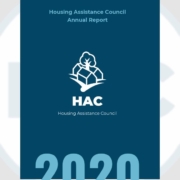 Housing Assistance Council
Housing Assistance Council Jay Mallin Photos
Jay Mallin Photos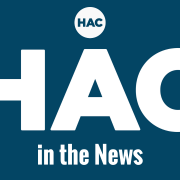
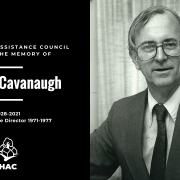
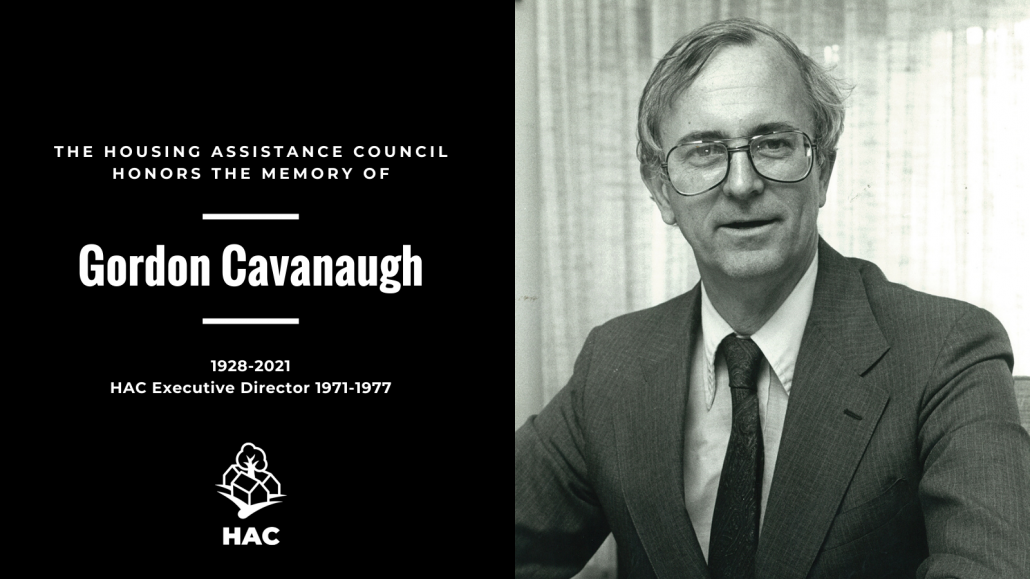


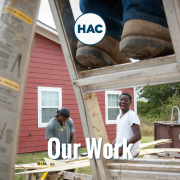
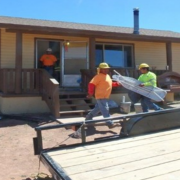
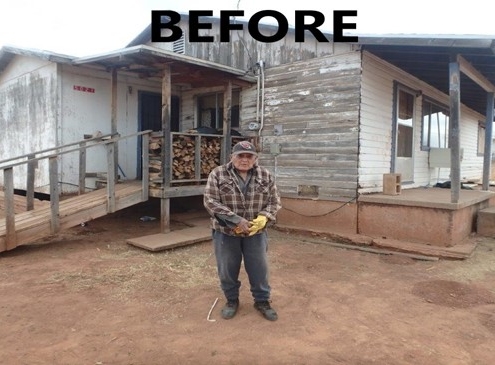
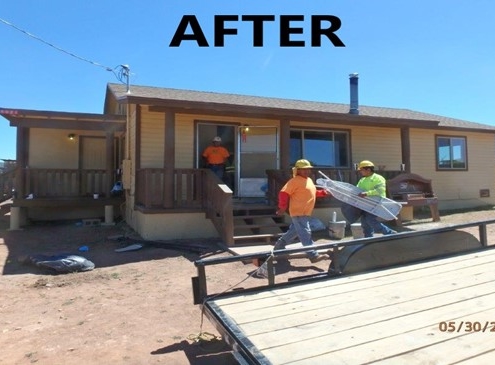
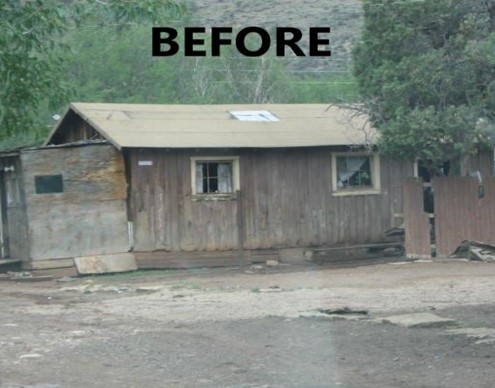
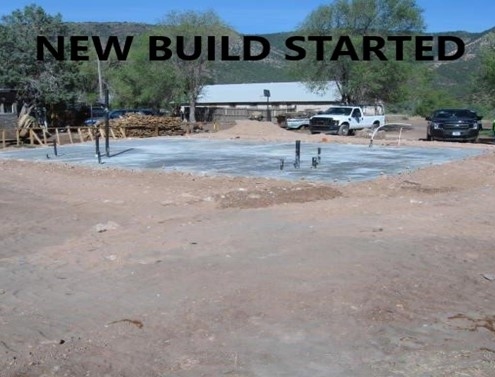
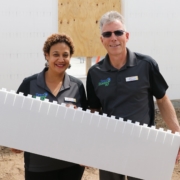 Eric Crispe
Eric Crispe